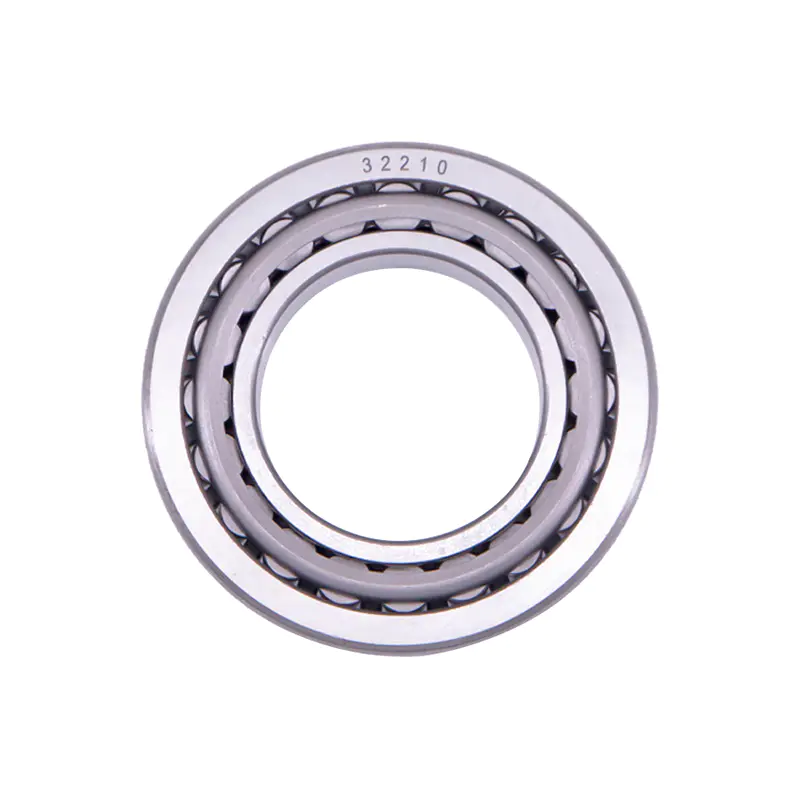When it comes to vehicle safety and performance, many drivers often overlook the importance of small yet critical components like the Wheel Hub Bearing. These bearings are responsible for allowing the wheels to rotate smoothly and efficiently, ensuring that the vehicle handles properly on the road. Without functioning hub bearings, your vehicle would struggle with increased friction, safety issues, and poor handling.
What is a Wheel Hub Bearing?
A wheel hub bearing is a device that connects the wheel to the vehicle’s axle and allows it to rotate with minimal friction. These bearings are typically sealed and come in a variety of designs depending on the make and model of the vehicle. The main purpose of the bearing is to support the weight of the vehicle while ensuring that the wheels spin freely. The bearing also helps to keep the wheel aligned with the axle, preventing misalignment and uneven tire wear.
Key Functions of Wheel Hub Bearings
Wheel hub bearings are designed to reduce friction and wear as much as possible, enabling your vehicle to operate efficiently. By allowing the wheels to rotate smoothly, the bearings contribute to improved handling, traction, and overall driving comfort. In addition, the bearings also play a significant role in maintaining the vehicle's suspension and overall alignment, both of which are essential for your vehicle’s performance.
Furthermore, the smooth functioning of wheel hub bearings helps extend the life of other components such as tires and suspension parts, making them a critical part of the overall vehicle system.
Signs of Damaged Wheel Hub Bearings
Although wheel hub bearings are durable and designed to last for many miles, they can eventually wear out. It’s important to be able to identify the signs of damaged bearings to avoid driving with a malfunctioning part. Some common signs that indicate the need for bearing replacement include:
- Unusual Noises: Grinding or growling sounds while driving, especially when turning, can indicate that the bearings are failing.
- Handling Issues: If the vehicle feels less stable or drifts while driving, it could be due to a faulty wheel hub bearing.
- Uneven Tire Wear: Damaged bearings can cause uneven pressure on the tires, leading to irregular wear patterns.
- Vibration: If the steering wheel or vehicle vibrates while driving, it might be a sign of a failing bearing.
The Importance of Timely Replacement
Neglecting to replace a damaged wheel hub bearing can result in further damage to the vehicle’s suspension system, tires, and other components. In extreme cases, a failed bearing can even cause a complete wheel failure, posing a serious safety risk. Therefore, it’s crucial to replace the bearings promptly when signs of wear appear.
When replacing a wheel hub bearing, always ensure that the new parts are of high quality and suitable for your specific vehicle model. Consulting with a professional mechanic is recommended for proper installation and maintenance.
Conclusion
The wheel hub bearing is a small but important component that significantly affects the overall performance and safety of your vehicle. Regular maintenance, along with early detection of problems, can help ensure your vehicle continues to run smoothly and safely. Stay aware of the signs of wear and replace any faulty bearings as soon as possible to maintain optimal vehicle performance.

